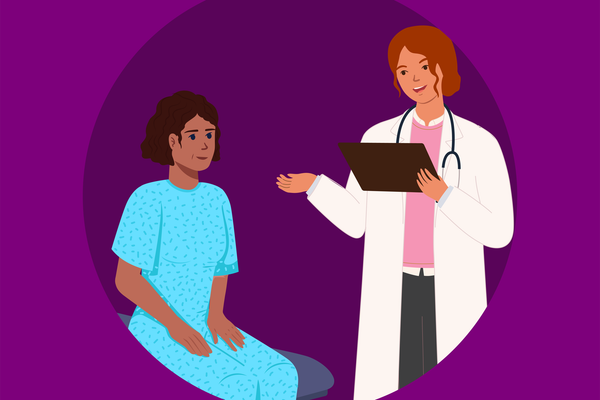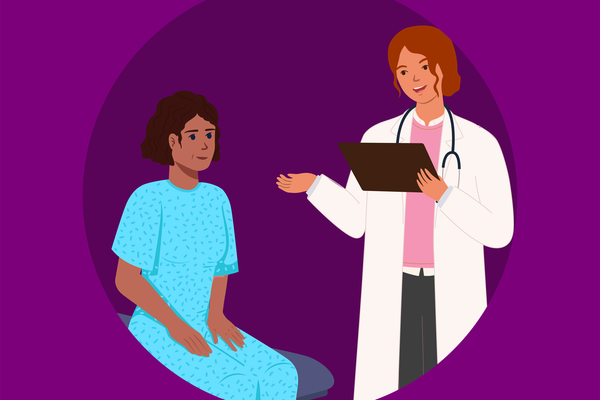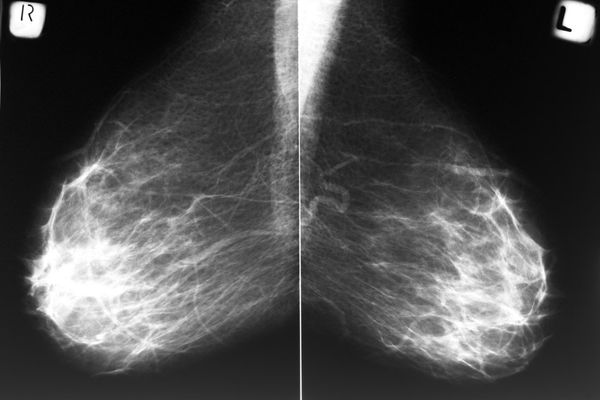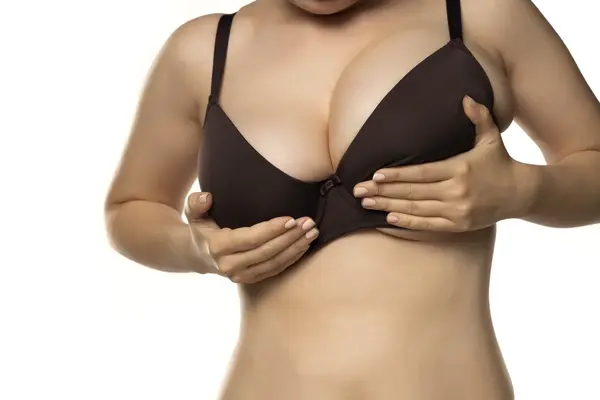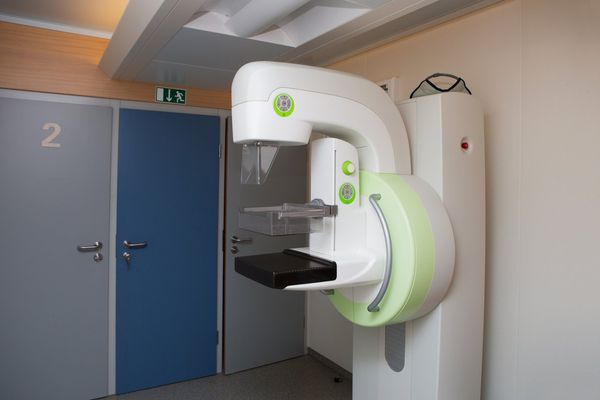Q:
I am 5'3" and weigh almost 200 pounds. I have heavy, elongated breasts. I've never been able to wear a shirt without a bra, and it's difficult to work out. I would like a breast reduction operation. Do I have to lose weight? What would be the ideal weight for this surgery?
A:
Extremely large breasts can cause numerous problems, not just aesthetically. One study of 31 women who had breast reduction surgery found that 81 percent had neck and back pain, 77 percent had shoulder pain, 58 percent had chafing or rash, 45 percent reported significant limitation in their activity, and 52 percent were unhappy with their appearance.
Interestingly, while the researchers found some connection to the women's weight and physical problems, they found most of the concerns were related more to their breast size than to being overweight.
Nonetheless, if you and your health care professional decide that breast reduction surgery, called reduction mammoplasty, is right for you, ideally you should first lose some weight. Currently, your body mass index, a measurement of your weight and height, is 35.4 - meaning you are very obese. You probably know there are numerous health risks to being so overweight, in addition to the fact that your weight is most likely contributing to your overly large breasts.
Although you should ideally be within 10 percent of your ideal weight, that's often not very realistic. So talk with your health care professional about what might be an appropriate weight loss for you.
There are two reasons losing weight is important before the surgery: the risk of surgical complications increases if you're obese, and the surgery itself is easier to perform if you are at your ideal weight. Plus, some insurance companies will only cover the procedure if you're within 10 percent of your ideal body weight, among other parameters.
Having said that, however, I understand how difficult it can be to lose the weight when your breasts are so large that they get in the way of your exercising. Maybe swimming might be a good option, since the weightlessness of the water will take some of the pressure off.
It's also important that you understand that although breast reduction surgery is a common and relatively safe procedure, there are some risks and possible complications. For instance, there may be changes in the way your breasts and nipples feel sensation. If the blood supply is decreased, the nipple area or areas of skin may actually slough off. One way to reduce your risk of complications is to quit smoking. One study found the risk of complications after breast reduction surgery was three times higher in smokers than nonsmokers.
Several different surgical procedures can be used for breast reduction surgery. The one your surgeon uses depends, in part, on how large your breasts are. After the surgery, you will usually wear a post-surgical bra for four weeks, and shouldn't lift anything heavy during that time.
One caveat: You don't say how old you are. If you're a teenager, you need to understand that your breasts will continue to mature as you age, and may change shape and even grow larger. If you're older, things like pregnancy, breastfeeding, and weight gain can also bring changes, with some women even requiring a second surgery.


